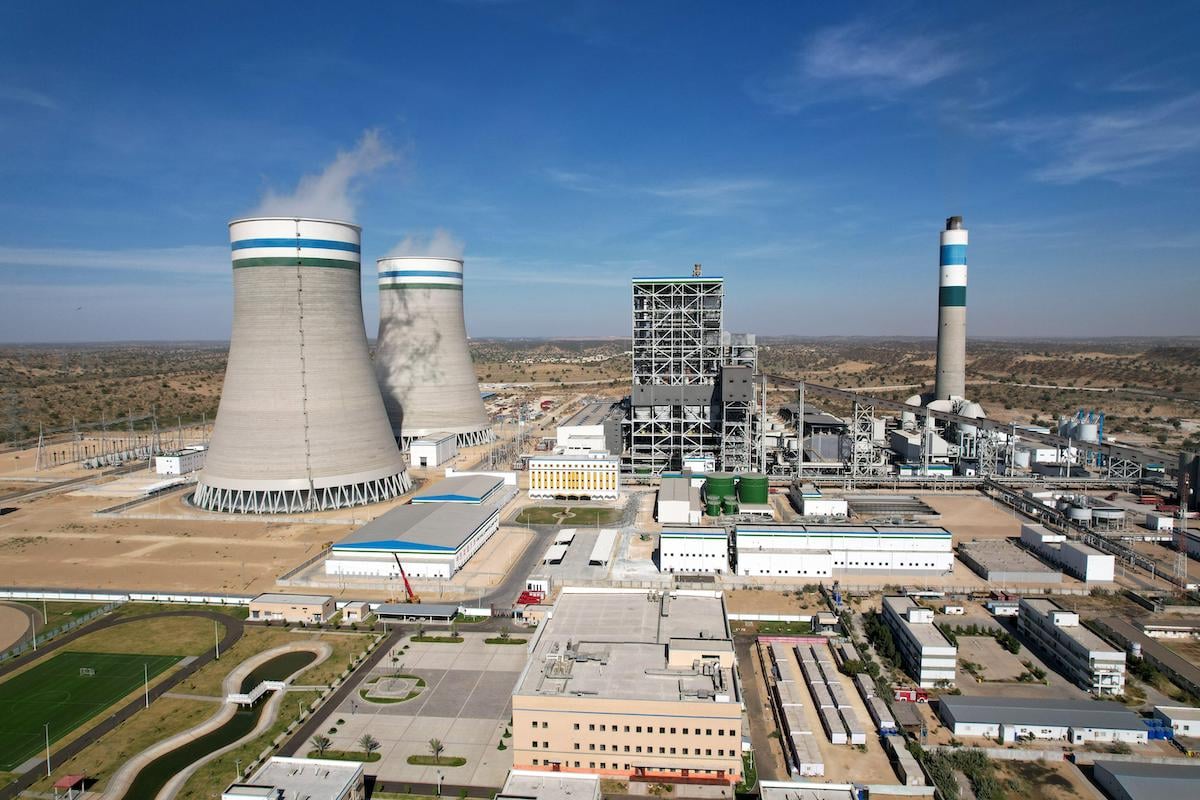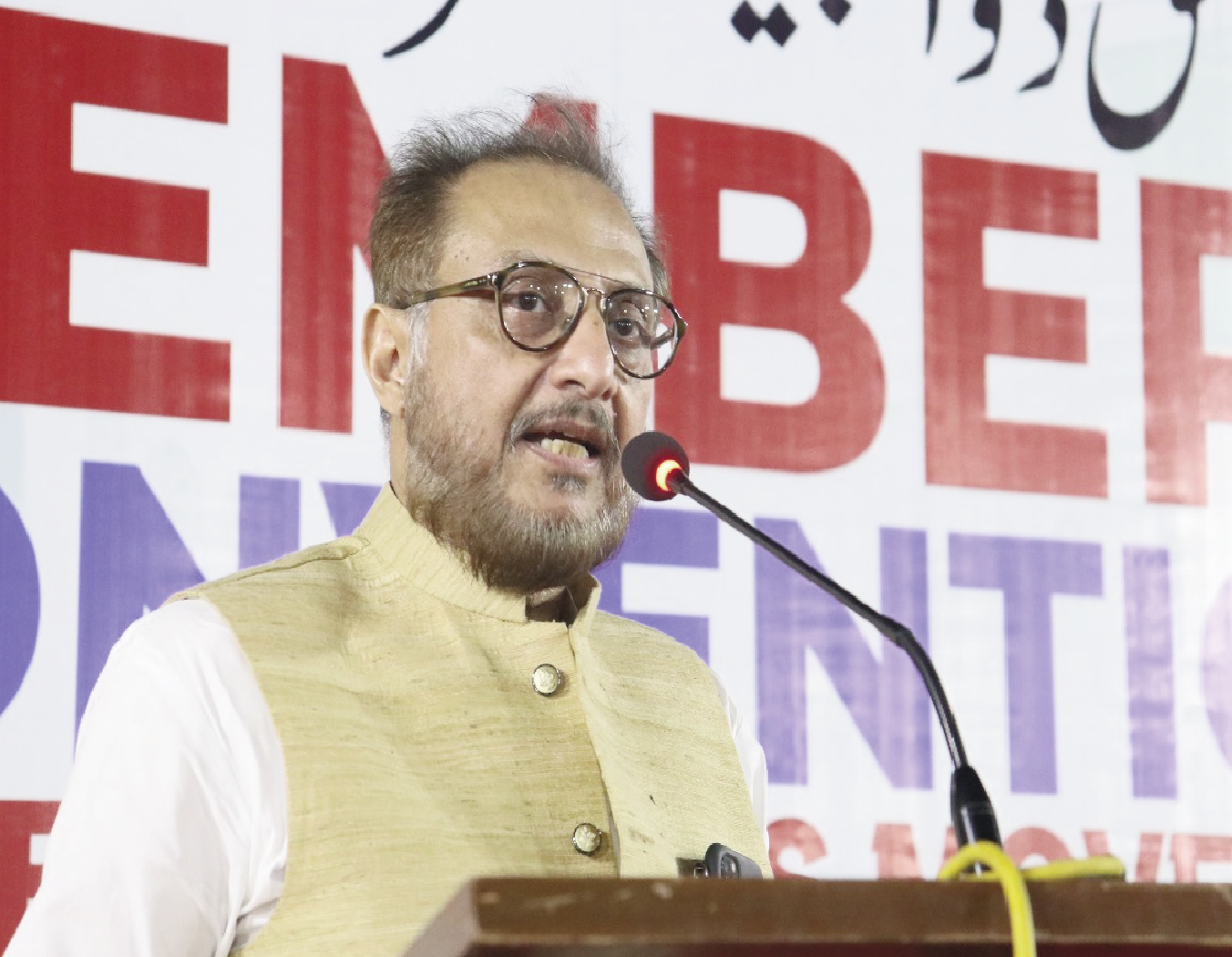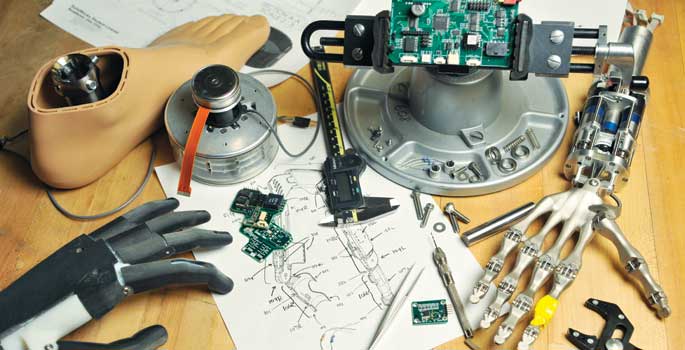Pakistan Petroleum Limited (PPL) Commences Oil and Gas Production in Punjab, Marking a Major Advancement in Domestic Energy Exploration.
Pakistan Petroleum Limited (PPL) Commences Oil and Gas Production in Punjab, Marking a Major Advancement in Domestic Energy Exploration Pakistan […]




